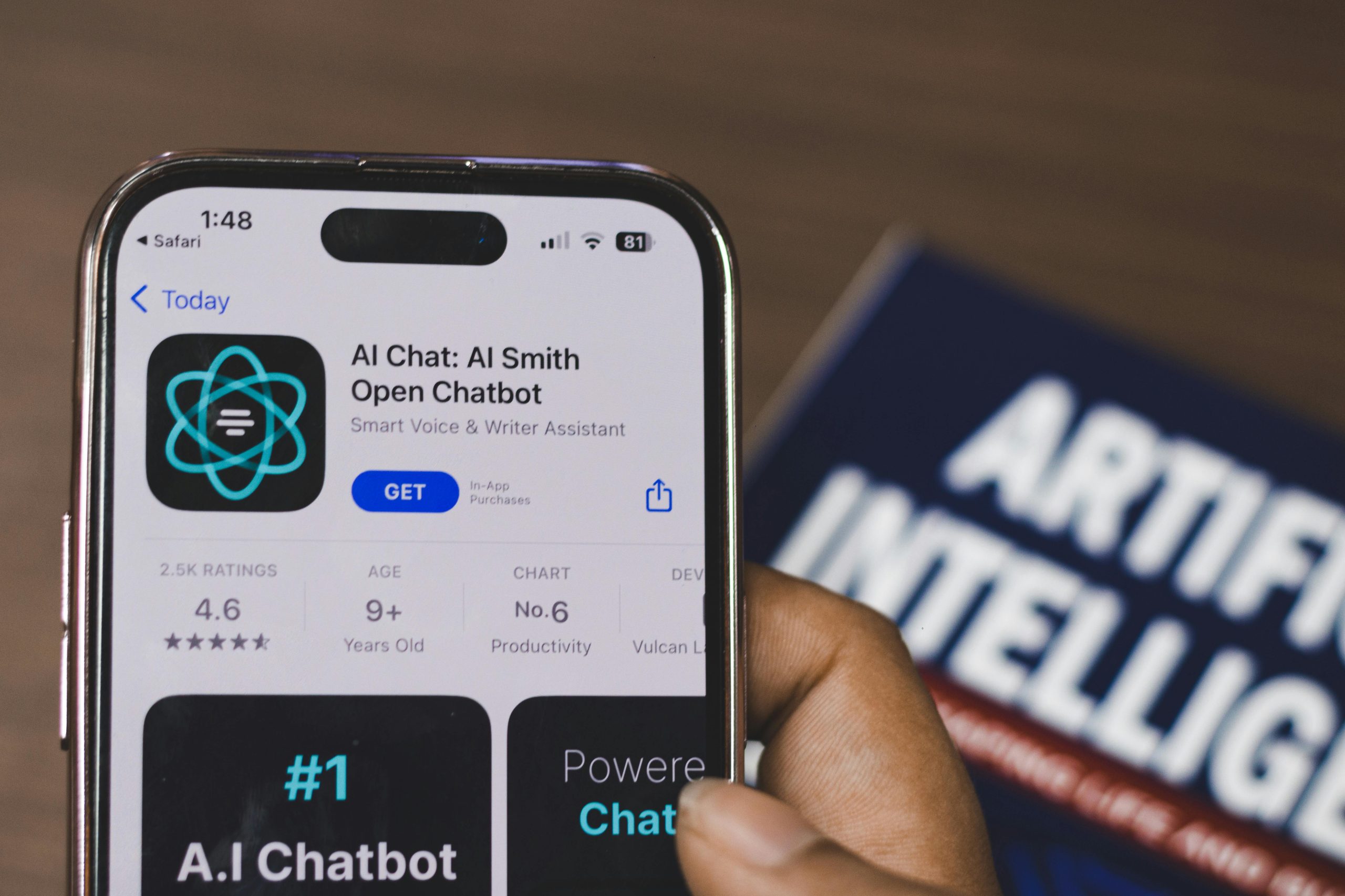Disney and Universal Sue Midjourney: Defending Intellectual Property Rights
Midjourney Faces Legal Action from Disney and Universal: Where Do We Draw the Line?
In a significant move, entertainment giants Disney and Universal have initiated legal proceedings against Midjourney, an AI image generator. They have labeled the platform as “a bottomless pit of plagiarism,” raising serious questions about copyright and creative ownership in the age of artificial intelligence.
The lawsuit claims that Midjourney has utilized the intellectual property of these companies by training its model on their extensive libraries. As a result, the platform has allegedly produced and distributed countless versions of well-known characters, including Darth Vader, Elsa, and the Minions—all without obtaining the necessary permissions. For those interested in a deeper insight into the case, you can read more here.
This development is not only unsurprising but also unsettling as we navigate the evolving landscape of authorship in the digital realm. The rise of AI tools has sparked an important conversation about what constitutes original work and the ethical implications of using technology to mimic human creativity.
As we grapple with these challenges, one question looms large: What remnants of authenticity remain in our creative endeavors? At what juncture does leveraging AI shift from being a tool for enhancement to a threat that undermines the intrinsic value of our contributions?
This lawsuit serves as a reminder to reflect on the responsibilities of innovation and the importance of respecting intellectual property in a world where the lines are increasingly blurred. How we choose to address these issues will shape the future of creativity in ways we are only beginning to comprehend.














Post Comment